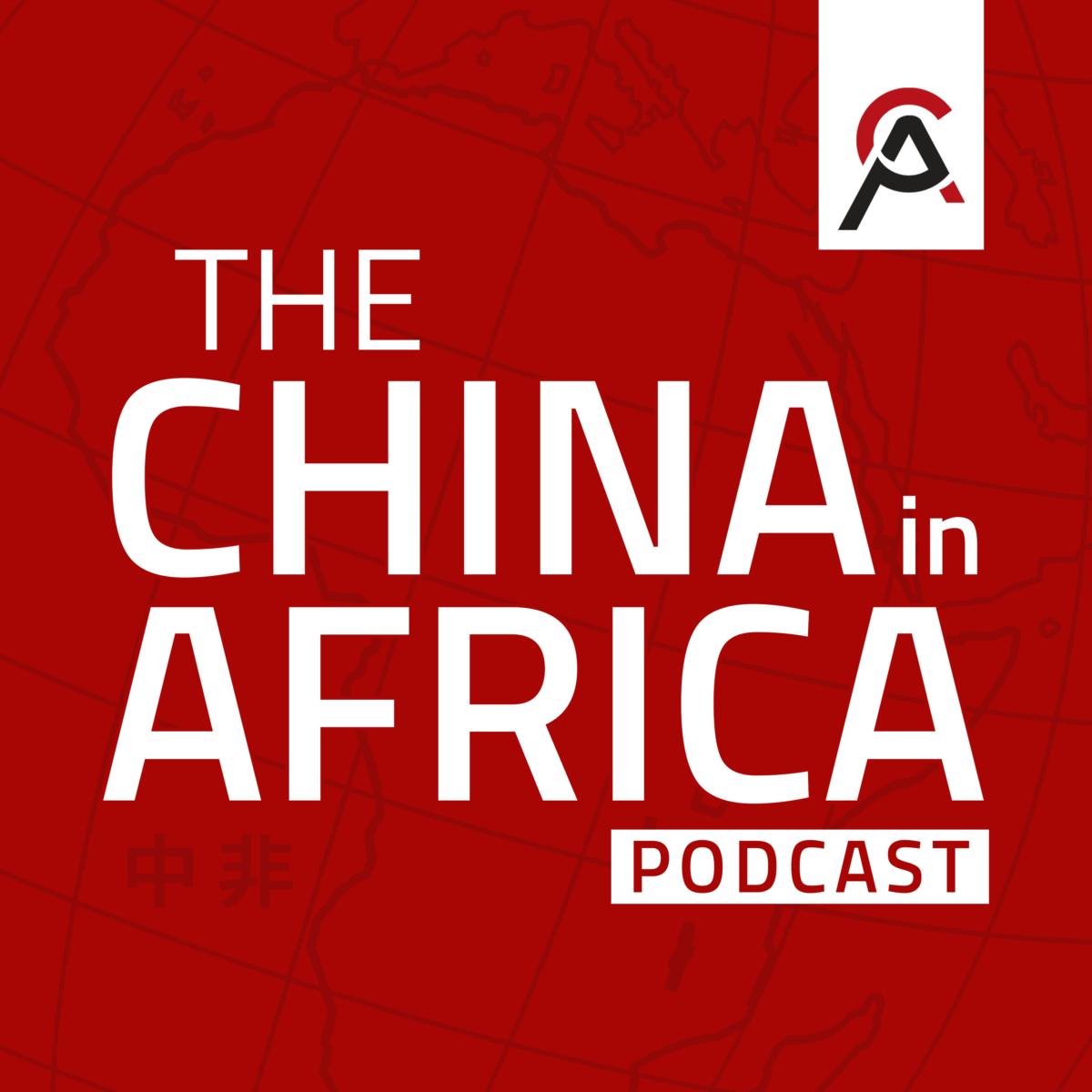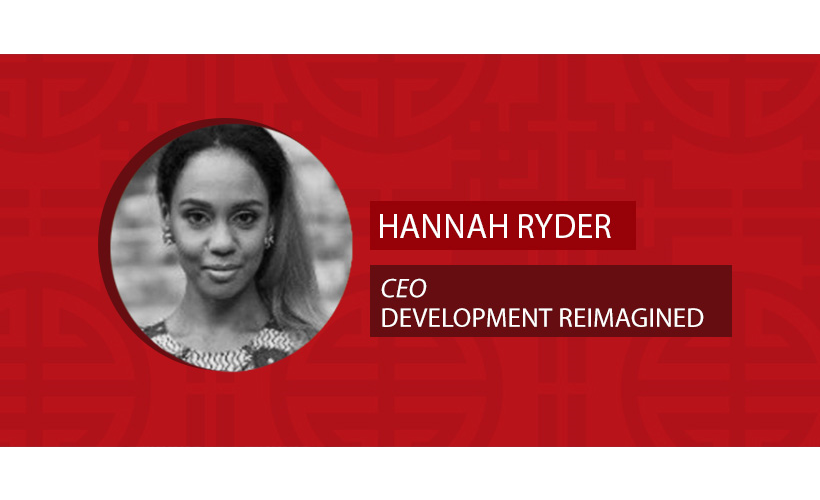Less than one week after alarming videos, photos, and accounts of African migrants being forced out of their homes and hotels in the southern China city of Guangzhou, the story has been “sorted out” in the eyes of many African leaders.
Femi Gbajabiamila, Speaker of Nigeria’s House of Representatives, declared as much this week in a Twitter post after meeting with Chinese Ambassador Zhōu Píngjiàn 周平剑. Similarly, Nigerian Foreign Minister Geoffrey Onyeama convened a press conference earlier this week, also with Ambassador Zhou, to explain that he was satisfied with the Chinese government’s explanation over what happened.
The African Union and a number of African politicians across the continent echoed similar sentiments: As far as they are concerned, the issue over the purported maltreatment of African migrants in Guangzhou is now settled.
So what did we learn from this unprecedented crisis that touched so many raw nerves in the China-Africa relationship? There were conflicting narratives based in part on the fact that the Chinese do not consume the same social media diet as the rest of the world. And the Chinese declared repeatedly that contrary to what people saw on Facebook or heard in the media, there is no discrimination in Guangzhou or anywhere in China.
Hannah Ryder was watching all of this unfold from Beijing, where she’s the CEO of the consultancy Development Reimagined and a longtime commentator on China-Africa issues. Hannah joins Eric and Cobus to reflect on the events of the past week and what lessons, if any, were learned from this whole affair.







